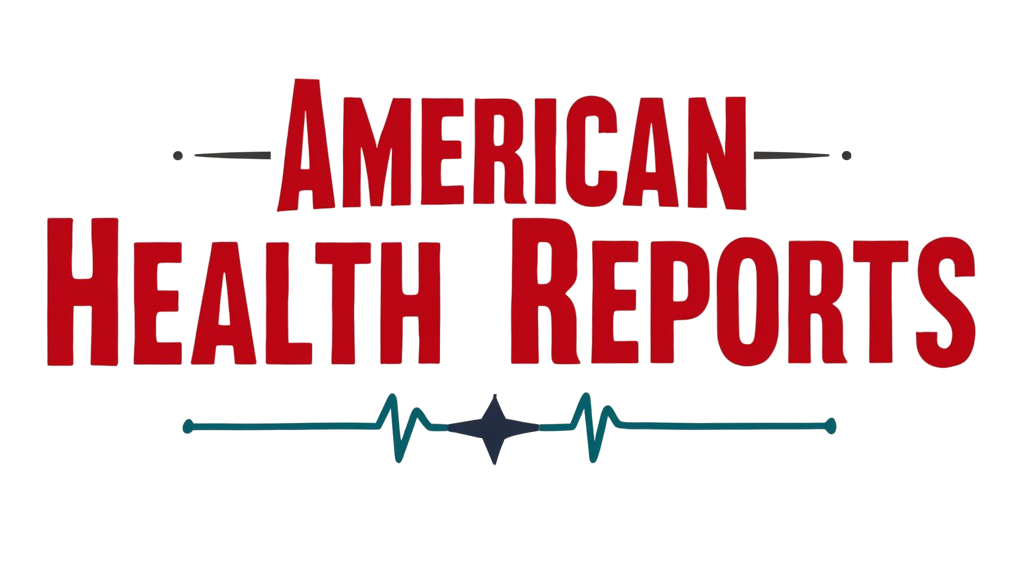Is Eating Eggs Bad for Your Heart? The Surprising Truth Revealed
Share
Eggs have been a topic of heated debate regarding heart health, but recent research clarifies their role. While eggs contain dietary cholesterol, studies suggest moderate consumption is safe for most people and may even offer nutritional benefits. However, risks may increase with higher intake or preexisting health conditions.
## Egg Consumption and Heart Disease Risk
Large studies indicate up to seven eggs per week don’t significantly raise heart disease risk in healthy individuals. However, a Northwestern Medicine study linked higher egg intake to increased cardiovascular risk, particularly when combined with other cholesterol-rich foods like processed meats. This highlights the importance of overall diet context.
Eggs can influence cholesterol levels, but effects vary. A 2024 trial found no adverse changes in cholesterol profiles after four months of eating 12 fortified eggs weekly, even in high-risk patients. Researchers caution these findings require further validation but suggest fortified eggs might be a safer option.
## Nutritional Benefits
Eggs provide essential nutrients like choline, lutein, and high-quality protein, which support eye health, brain function, and muscle maintenance. Their lean protein content makes them a valuable alternative to processed meats.
## Who Should Exercise Caution?
People with diabetes, existing heart conditions, or genetic predispositions to high cholesterol may need stricter limits. Experts recommend consulting healthcare providers to personalize dietary choices based on individual risk factors.
The demonization of eggs appears overstated for most populations. Current evidence supports enjoying eggs in moderation as part of a balanced diet, while prioritizing whole foods over processed alternatives. Future research may clarify optimal intake levels for high-risk groups.










GIPHY App Key not set. Please check settings